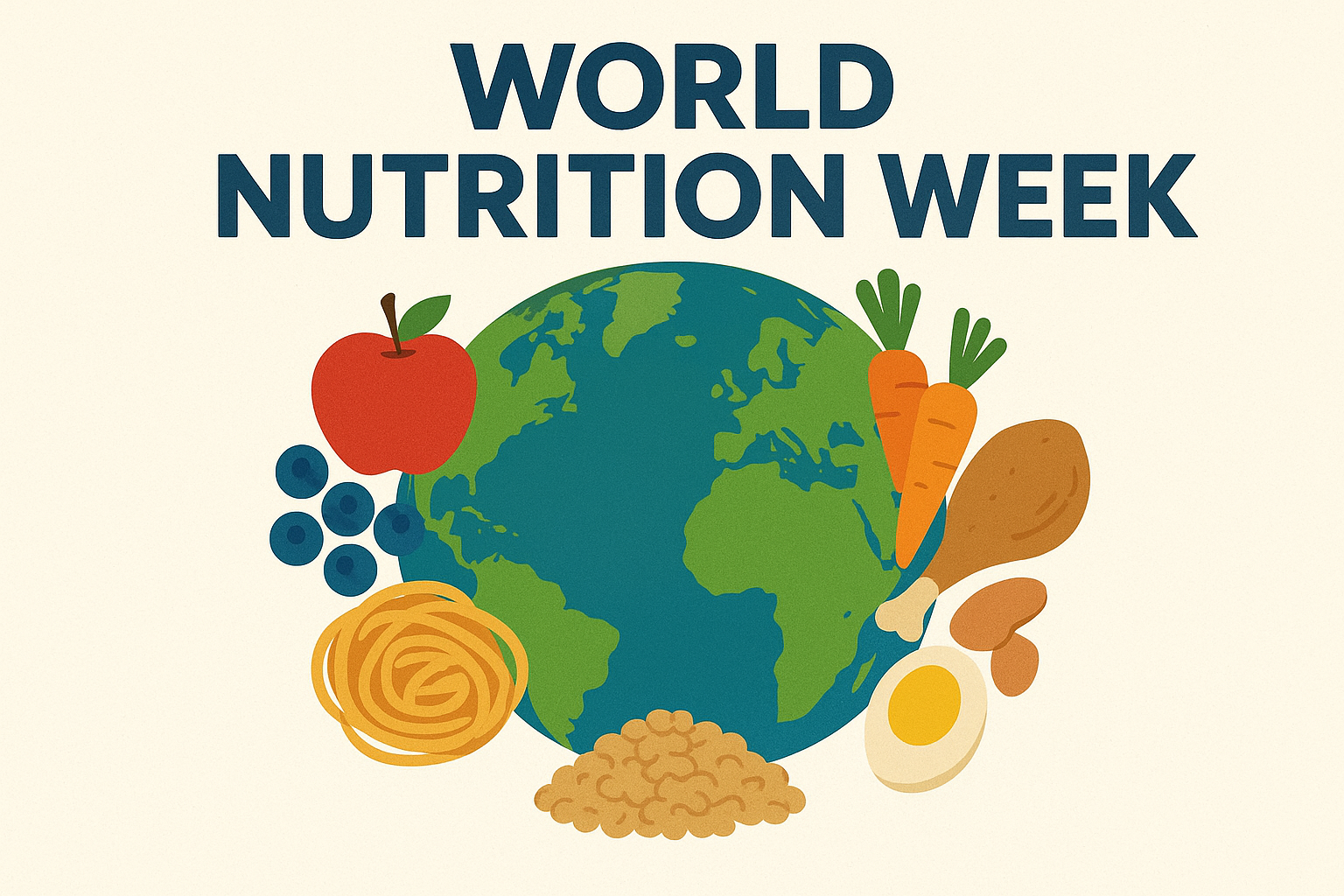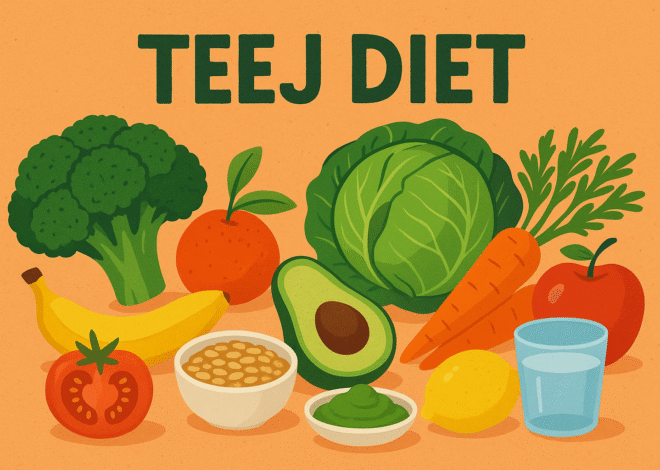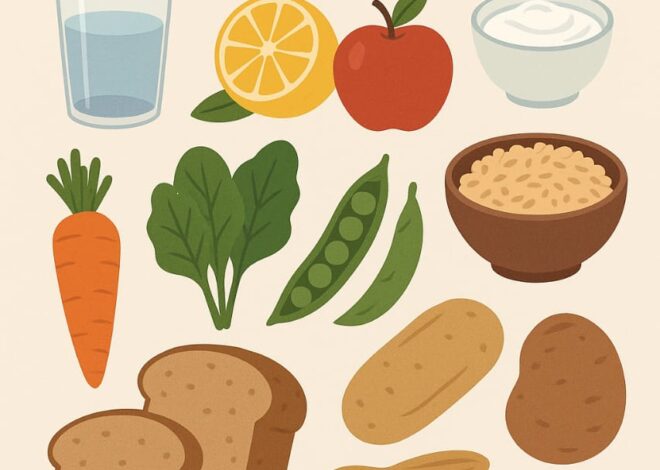
Overnight Soaking: The Easy Trick to Unlocking Nutritional Power!

In our quest for a healthier lifestyle, we often overlook simple yet effective methods that can enhance the nutritional quality of our food. One such method is overnight soaking—a technique that has been practiced across cultures for generations. By immersing grains, legumes, nuts, and seeds in water overnight, we can unlock a wealth of nutritional benefits, making these foods easier to digest and more nourishing. In this blog, we’ll explore the science behind overnight soaking, the benefits it offers, and how to incorporate it into your everyday meals.
The Science Behind Overnight Soaking
Overnight soaking is more than just a culinary trend; it’s backed by science. When grains, legumes, nuts, or seeds are soaked in water, several biochemical processes take place:
- Enzyme Activation: Soaking activates enzymes that help break down complex carbohydrates and proteins. This process increases the bioavailability of nutrients, making it easier for our bodies to absorb them.
- Reduction of Anti-Nutrients: Many seeds and legumes contain anti-nutrients, such as phytic acid, which can inhibit the absorption of essential minerals like iron, zinc, and calcium. Soaking helps reduce these anti-nutrients, allowing our bodies to utilize the nutrients more effectively.
- Improved Digestibility: Soaked foods are generally softer and easier to digest, which can help alleviate bloating and discomfort. Additionally, soaked legumes often require less cooking time, making meal prep more convenient.
- Enhanced Flavor and Texture: Soaking can soften and plump food items, leading to a more pleasant texture and flavor profile. For example, nuts become creamier, while grains achieve a delightful chewiness.
Benefits of Overnight Soaking
Incorporating overnight soaking into your dietary routine can yield numerous benefits:
- Boosted Nutritional Value: Soaking enhances the levels of vitamins and minerals in foods. For instance, soaked lentils can significantly increase their protein and fiber content.
- Time-Saving Preparation: Soaking grains and legumes overnight means you’ll spend less time cooking the next day, which is a huge bonus for busy schedules.
- Gut Health Promotion: The soaking process breaks down complex carbohydrates, making it easier for your digestive system to absorb nutrients and preventing discomfort.
- Increased Variety: By experimenting with different soaked foods, you can diversify your diet and enjoy a wider range of flavors and textures.

Key Foods to Soak Overnight
Now that you understand the benefits of overnight soaking, let’s take a closer look at some specific foods that can significantly enhance their nutritional power when soaked:
1. Almonds
You may have heard from your childhood that eating soaked almonds boosts memory. Soaking almonds overnight not only makes them easier to peel but also helps release enzymes like lipase, which aid in fat digestion. The brown covering of almonds contains tannins, which can inhibit nutrient absorption and contribute to a slightly bitter taste. By soaking, you can ditch the brown skin and increase your intake of essential nutrients like vitamin E, omega-3 fatty acids, and manganese.
2. Oats
Oats are celebrated for their high fiber content, which supports weight loss and promotes heart health. Soaking oats overnight in liquids like yogurt or almond milk enhances nutrient absorption compared to cooking them. This method helps break down starch and reduces phytic acid levels, allowing your body to utilize the oats’ nutrients more efficiently. Soaked oats also increase resistant starch, a type of carbohydrate that promotes satiety and stabilizes blood sugar levels.
3. Lentils
Soaking lentils overnight softens their outer shell, reducing cooking time and improving digestibility. Additionally, soaking helps decrease the phytic acid content, allowing for better absorption of iron, calcium, and zinc. Sprouting lentils after soaking can further increase vitamins like B, D, and carotene while reducing gas formation in the digestive system.
4. Cumin
Soaking cumin seeds in water offers several health benefits, particularly for digestion. This practice enhances metabolism and alleviates digestive disorders such as nausea and flatulence. Cumin water can detoxify the body and may even serve as a natural toner for acne-prone skin due to its anti-inflammatory properties.
5. Water in Copper Vessels
Though it may sound unconventional, storing water in copper vessels overnight can impart numerous health benefits. Copper has antimicrobial and antioxidant properties that can enhance the water’s nutritional profile. Drinking water stored in copper helps with digestion, supports thyroid function, and can even relieve joint pain due to its anti-inflammatory effects.
6. Raisins
Raisins are rich in iron and antioxidants, making them beneficial for your health. Soaking raisins overnight not only enhances their flavor but also makes the nutrients more bioavailable, supporting healthy skin and overall vitality.
7. Flax Seeds
Flax seeds are a powerhouse of omega-3 fatty acids. Soaking them overnight can help balance cholesterol levels and promote healthy digestion due to their high fiber content. Consuming soaked flax seeds in the morning can aid in maintaining gut health.
The Benefits of Soaking
The process of soaking food overnight is incredibly beneficial:
- Reduces phytic acids, improving absorption of essential minerals like protein, iron, zinc, and calcium.
- Decreases tannins and polyphenols, which can hinder nutrient absorption.
- Minimizes anti-nutritional enzyme inhibitors that can affect digestion.
- Removes gas-causing compounds, making foods easier to digest.
- Improves texture and decreases cooking time, making meal prep easier.
Conclusion
Overnight soaking is a simple yet effective method to unlock the nutritional potential of various foods. By incorporating this technique into your meal prep routine, you can enhance the digestibility, flavor, and nutritional value of your meals. Soaking not only saves time and promotes gut health but also allows you to explore new flavors and textures in your diet. Whether you’re soaking almonds, oats, lentils, or seeds, you’ll discover the myriad benefits of this ancient practice. So why not give it a try? Your body—and your taste buds—will thank you!










